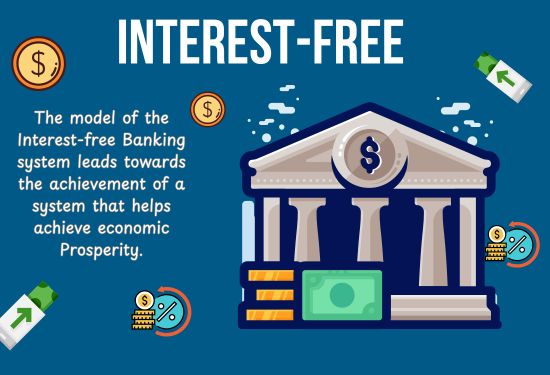The Role of Cryptocurrencies in Future Financial Systems
As cryptocurrencies continue to carve out a significant niche within the global financial ecosystem, their potential to shape future financial systems grows increasingly evident. From Bitcoin and Ethereum to newer entrants like Polkadot and Cardano, cryptocurrencies are not just digital assets but are becoming fundamental components of a new financial paradigm. This article explores the current trends surrounding cryptocurrencies and projects their future implications within global financial systems.

1. Cryptocurrencies as a Mainstream Payment Method:
Currently, cryptocurrencies are transitioning from speculative investment instruments to legitimate payment methods. Companies, from tech giants to small enterprises, are increasingly accepting cryptocurrencies as payment for goods and services. This shift is facilitated by the development of more stable transaction platforms and the increasing stability of cryptocurrencies themselves.
Current Trend: Major payment networks like PayPal and Square have integrated cryptocurrency transactions into their platforms, allowing users to buy, sell, and hold various cryptocurrencies. Retail acceptance is also on the rise, with companies across multiple sectors experimenting with crypto payments.
Future Prediction: As regulatory frameworks for cryptocurrencies become more defined and user-friendly, we can expect broader adoption in retail and commerce. Cryptocurrencies may become as commonplace as traditional currencies for everyday transactions, reducing dependency on central bank-managed fiat money.

2. Decentralized Finance (DeFi):
Decentralized finance, or DeFi, represents a shift from traditional centralized financial systems to peer-to-peer finance enabled by decentralized technologies built on the Ethereum blockchain. DeFi platforms allow users to lend, borrow, trade, and earn interest on their crypto assets without the need for a bank or any other financial institution.
Current Trend: The DeFi sector has seen explosive growth, with billions of dollars locked in Ethereum smart contracts. Innovations such as yield farming, where users earn returns by lending their crypto, have attracted significant capital.
Future Prediction: DeFi is likely to continue its growth trajectory, potentially integrating with traditional financial banking systems. We might see hybrid models where DeFi complements conventional banking, offering consumers the best of both worlds—traditional banks' stability with DeFi's flexibility and high yields.

3. Tokenization of Assets:
Tokenization, the process of converting rights to an asset into a digital token on a blockchain, is another area where cryptocurrencies are set to revolutionize the financial landscape. Everything from real estate and cars to artwork and intellectual property can be tokenized and traded on blockchain platforms.
Current Trend: Various platforms are exploring the tokenization of real and intangible assets. This approach not only democratizes investments in high-value assets but also enhances liquidity and transparency.
Future Prediction: As legal and regulatory issues get clarified, tokenization could disrupt multiple industries, making investment opportunities more accessible and markets more liquid.
Conclusion:
The role of cryptocurrencies in future financial systems is poised to be transformative. As these digital assets evolve from novelties to mainstream financial instruments, they promise to offer more inclusive, efficient, and secure alternatives to traditional financial systems. As the landscape continues to evolve, staying informed and adaptable will be crucial for consumers, investors, and regulators alike.
(Writer:Tommy)





